Guest Faculty
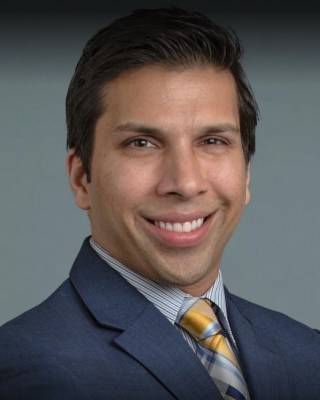
Vinay K. Aggarwal, MD
Associate Fellowship Director, Adult Reconstruction
NYU Langone Health
I think it’s important to realize that medicine is not just a calling and a service to patients, but also a rapidly evolving business that physicians are poorly trained for. It’s time to take a seat at the table and learn about the financial implications of healthcare and how to earn a living while providing quality care. I’m passionate about being involved in an organization that takes the business side of medicine from a topic that’s typically an afterthought or outright omission, as it was in my training, and offers supplemental education to our future surgeon leaders.
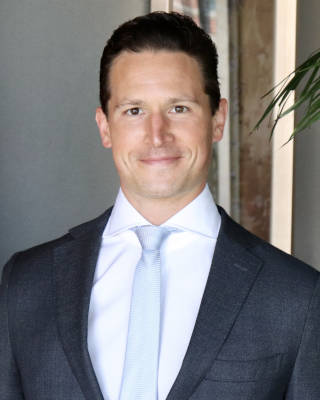
Alexander J. Butler, MD
Lenox Hill Hospital Northwell Health
We all take pride in the skills and abilities that allow us to provide excellent patient care each day. Through the education and training necessary to do what’s best for our patients, it can be all too easy to miss out on the unwritten curriculum regarding what’s best for our professional trajectories and personal lives. I got involved with the FPA to continue learning, and to share this knowledge with my peers and the next generation of surgeon leaders. It’s up to each of us to steer our career and impact both our own satisfaction as well as the systems in which we work.
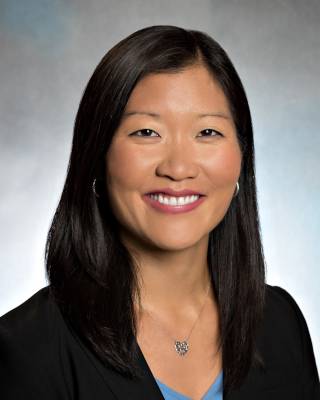
Antonia Chen, MD, MBA, FAOA, FAAOS
Dr. Charles F. Gregory Distinguished Chair in Orthopaedic Surgery at UT Southwestern Medical Center
Professor of Orthopaedic Surgery, UT Southwestern Medical Center
Founding Faculty Member and Previous Board Member, Foundation for Physician Advancement
We spent our entire residency learning about the fundamentals of Orthopaedics to take the Orthopaedic In Training Exam (OITE) and boards. Yet, we weren’t taught the business aspect of medicine during residency, which is such a vital part of finding a job and starting a practice. I’m passionate about this Foundation because It’s important to learn these aspects of early on to make the best informed choices about choosing a job and building a good practice.
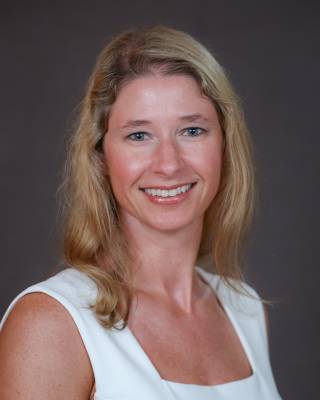
Cynthia Emory, MD, MBA, FAOA, FAAOS
Department of Orthopaedic Surgery and Rehabilitation
Executive Director of the Musculoskeletal Service Line
Atrium Health Wake Forest Baptist
Understanding how to advocate for your patients and practice is essential for healthcare delivery. As we transition from fee-for-service to value-based care, it’s important for surgeons to understand how to thrive in various practice models. We spend our years in training learning how to provide excellent clinical care and become technically competent, and there is little emphasis on the business side of medicine. This Foundation provides the necessary education for young surgeons to make informed decisions about their future practices.
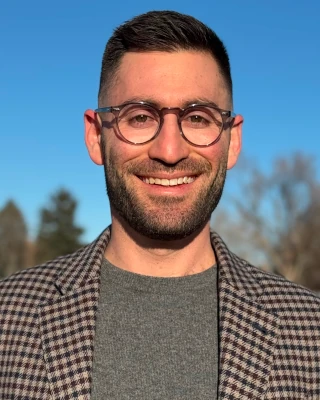
Peter Gold, MD
Panorama Orthopedic & Spine Center
As orthopedic and arthroplasty surgeons, we have the best jobs on the planet! We are truly so lucky to have the honor of caring for so many people, helping restore their physical function and quality of life. Despite this amazing gift, the physical and emotional toll this has on us as surgeons cannot be overlooked. I believe that engaging in the work that The Foundation for Physician Advancement provides is crucially vital for us to develop the skills and tools we need to thrive as a community. How can we continue to perform at the highest level if we are not supporting each other along the way? My hope is that through the continued support of our colleagues, we can strive to provide not only the best care for our patients but also for ourselves.
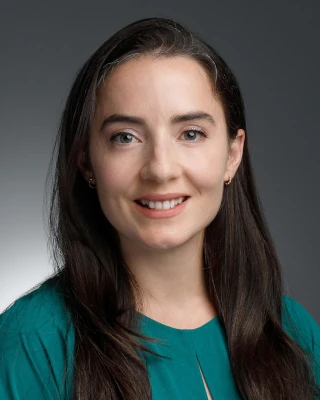
Ilda B. Molloy, MD, MS
Department of Orthopaedics & Rehabilitation
Yale University School of Medicine
In the evolving landscape of medicine, leadership and practice management are essential skills that orthopedic surgeons must master to succeed beyond clinical expertise. Working within a large academic medical center, I see firsthand the impact of these skills on patient outcomes, team dynamics, and sustainable care. The Foundation for Physician Advancement plays a vital role in preparing new surgeons with this knowledge, bridging the gap between clinical training and the business aspects of medicine. Empowering new surgeons with these tools is crucial for building resilient, effective practices that can thrive in any setting.
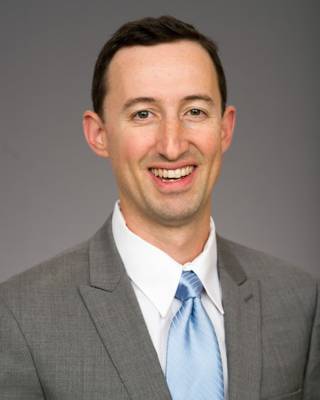
Amrit Khalsa, MD
Chief, Spine Division
Co-Director, Spine Surgery Fellowship
University of Pennsylvania
They say we are all standing on the shoulders of giants. In orthopedics and clinical medicine in general, that may apply to techniques and complication avoidance, but also lifestyle and wellness. I am thankful to have had mentors from all walks of life. I strive through my own academic teaching to keep learning and pay it forward. FPA provides a framework for these discussions towards personal and professional growth.
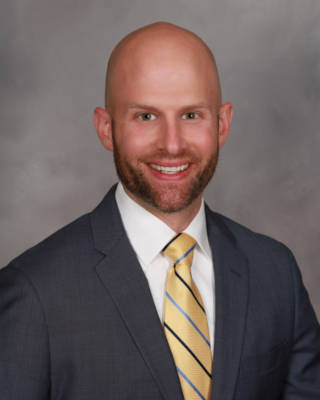
Chad A Krueger, MD, FAAOS, FAOA
Associate Professor, Sidney Kimmel Medical College at Thomas Jefferson University Hospital
One of the hard truths that doesn’t seem to be well taught or stressed in medical training is that very little of what makes a physician “successful” in practice has to do with clinical acumen. We’ve all see excellent physicians who seem to struggle because they don’t know how to work within a team, build relationships and strong teams, manage finances, or identify strengths and weaknesses. These soft skills are equally important to a physician’s clinical abilities. I got involved in FPA to help as many early career surgeons understand this fact to help with professional development that augments clinical skill sets.
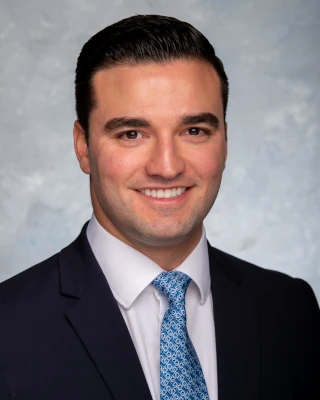
Dustin H. Massel, MD
Endeavor Health Medical Group / NorthShore University HealthSystem
As physicians and surgeons, our training is entirely focused on clinical knowledge and surgical skills to provide the best possible treatment for our patients. Our procedural proficiency and surgical repertoire is largely dependent on training location, clinical exposure, and faculty mentorship. Outside of clinical practice, we acquire invaluable, but fragmented, practice management and business of medicine skills to help us navigate future practice. The FPA provides the curriculum and forum to fill in the gaps in our education. Bringing together a diverse panel of experts in their respective fields, FPA has developed a platform for unfiltered discussion to improve business of medicine competency and help trainee and early career surgeon’s navigate their various practice management landscapes. I became involved with FPA to share what I have learned and am continually learning as my practice develops. A knowledgeable surgeon has the opportunity to improve their practice environment and ultimately ensure a happy and healthy lifestyle within and outside of their clinical practices.
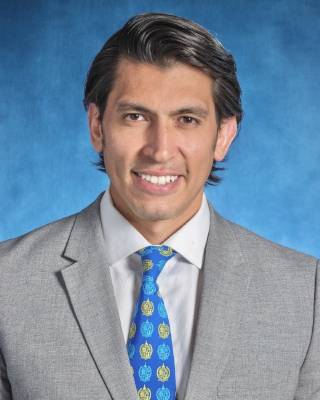
Camilo Molina, MD, FAANS
Director, Spinal Deformity and Spinal Oncology
Co-Director, Patient Safety and Quality Improvement
Co-Director, Complex Spine Fellowship
Deputy Director of Spine Innovation, Center for Innovation in Neuroscience and Technology
Washington University
We have devoted innumerable hours dedicated towards being exceptional clinicians, surgeons, and humans to our patients yet I find that my trainees are often unprepared for navigating the vast socioeconomic complexities of starting and succeeding in different practice settings. The FPA provides a unique expert led curriculum that help us succeed by merging the passion we have for our field while adeptly navigating the contemporary challenges of practicing medicine in our society
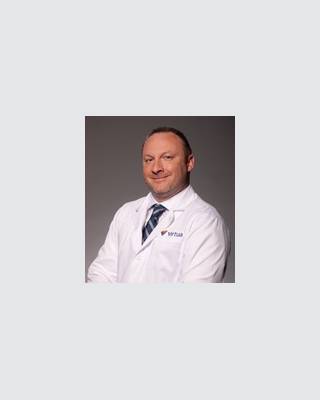
Sean McMillan, DO
Director of Orthopedic Sports Medicine, Virtua Medical Group
Associate Clinical Professor, Rowan School of Osteopathic Medicine
As Orthopedic surgeons, we spend over a decade learning how to diagnose, treat, and care for patients. A huge gap in that training is “what happens when overnight, you’re also a business, especially in today’s environment.” I believe that you are your best advertisement and it’s up to you to create the “brand” you want to be associated with in your community. Creating that brand is more than a website or large social media following. To be successful is to be genuine and sincere to your patients, staff, nurses, and to society. The ability to connect with a patient with your presence can transform a room and rally those around you to want to follow you. I got involve with FPA because I want to share what I’ve learned about building a patient care centered brand and how to use tools like social media to provide informative content for patients and peers that enhances your persona and emphasizes your skill set.
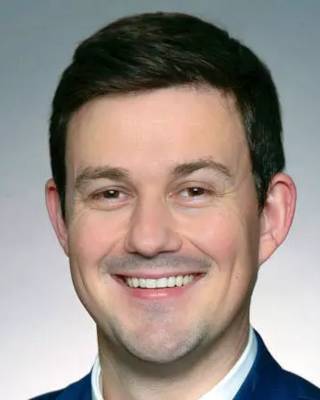
Alexander L. Neuwirth, MD
Assistant Professor, Department of Orthopedic Surgery
Associate Fellowship Director
Columbia University Irving Medical Center
Teaching residents, fellows and early practice surgeons is one of the most rewarding aspects of what I do. As an associate residency program director at Columbia University, I am fortunate to mentor and sponsor trainees at all levels clinically, and in various other aspects of their careers. The business aspect of medicine is absolutely critical to understand in order to succeed as a surgeon and FPA fosters a superb and unique curriculum to help early practice surgeons navigate an increasingly challenging environment for physicians.
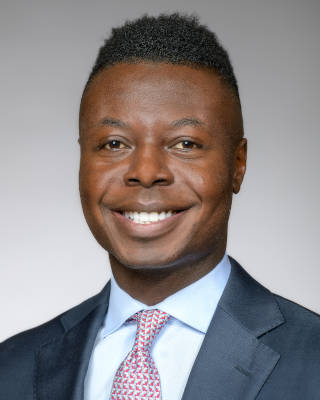
Nana O. Sarpong, MD, MBA
Adult Reconstruction and Joint Replacement Surgery
Columbia University
I was lucky enough to attend the first iteration of FPA’s course as a PGY3 resident in 2018, giving me more relevant and direct exposure to the business aspect of orthopedic medicine, augmenting what I learned in business school and what none of us ever learn in training. This has since served me very well and I hope to be able to impart some of the wisdom I have learned along the way to other trainees and young surgeons.

Stephane Owusu-Sarpong, MD
Hospital for Special Surgery
There is a huge void in medical education when it comes to the business of building a practice and getting started after residency and fellowship training. This foundation is comprised of several leaders in their respective subspecialties, all from broad practice environments. The ability to learn from them is extremely invaluable. I look forward to paying it forward when I am in their shoes one day.
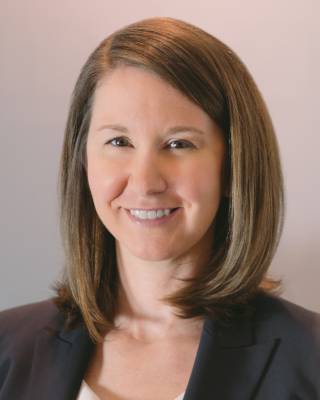
Susanne Roberts, MD
Hand, Upper Extremity, and Microsurgery
Columbia University Medical Center
The business and practice management side of medicine are assumed to be intuitive aspects you will pick up when needed, but the reality is that these skills take time to learn over years of experience. This expertise should be taught just as we pass on medical knowledge. FPA aims to bridge this gap in education and give surgeons the skills and knowledge they need to face starting and building a successful practice. I am honored to help future generations of surgeons be leaders and advocates for themselves and their patients in this arena of medicine.
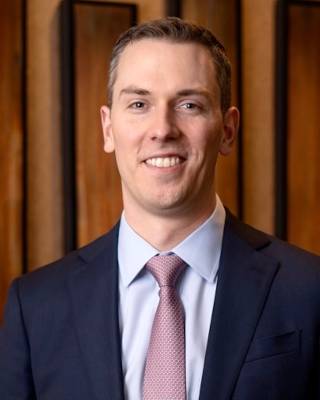
Augustus (AJ) Rush III, MD
Our entire academic careers from college through fellowship focuses on patient to care and building medical and surgical skills. Little, if any, time is spent focusing on our future job, and running a successful practice, no matter which practice model we go into. Whether we want to acknowledge it or not, understanding the business side of medicine is a necessity for being able to practice in today’s healthcare setting. Helping residents, fellows, and early career surgeons navigate that landscape effectively is why I got involved with FPA. I want to share tips and best practices my mentors gave me, and what I’m actively learning to help others maintain happy, healthy, lives and prevent burnout and career changes.
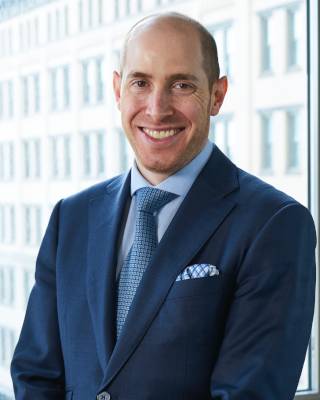
Joshua C. Rozell, MD
Division of Adult Reconstruction
Chief of Orthopaedics
NYU Langone Health – Brooklyn
Teaching residents, fellows, and medical students has always been my passion. As an attending, you realize that a lot of the important aspects of a career in medicine are not taught during training. I am always thinking to myself, “what do I wish I knew earlier that could make me a more successful physician?” FPA is the perfect conduit to help me take lessons I’ve learned and share them with others to enable their success. This education is tremendously important for any surgeon’s career and represents a big gap in our current surgical training curriculum. Gaining insight into working smarter, not harder, can transform a young surgeon into a great leader, educator, and advocate for future generations.
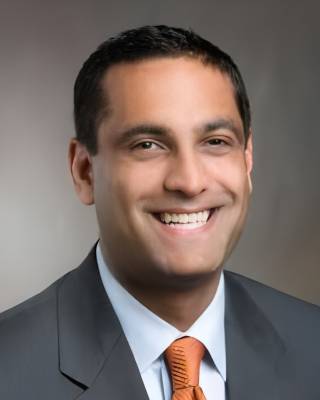
Neil Sheth, MD, FACS, FAOA, FAAOS
Associate Professor of Orthopaedic Surgery
Chief of Orthopaedic Surgery, Pennsylvania Hospital
University of Pennsylvania
Founding Faculty Member and Previous Board Member, Foundation for Physician Advancement
The business side of medicine is never the focus during residency training when you are learning the language of Orthopaedic surgery. But very quickly, the business side becomes one of the most important priorities. This is my opportunity to help the next generation to be prepared as they enter Orthopaedic practice.
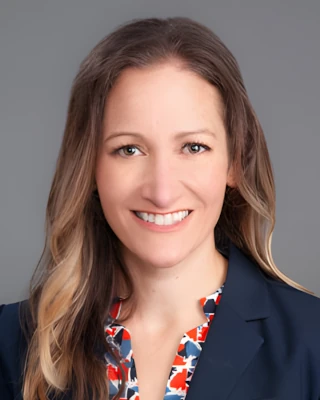
Amy Trammell, MD
Atrium Musculoskeletal Institute
As an early-career orthopedic surgeon working in a hospital setting, I understand the unique challenges and opportunities that come with building a successful practice from the ground up within a large hospital system. I’m dedicated to balancing clinical excellence with practical business insights and am passionate about helping fellow physicians navigate the often-overlooked aspects of practice management. Through my role with the Foundation for Physician Advancement, I aim to share tools for billing and practice management while being employed to assist physicians on their own journey toward career growth and practice resilience.
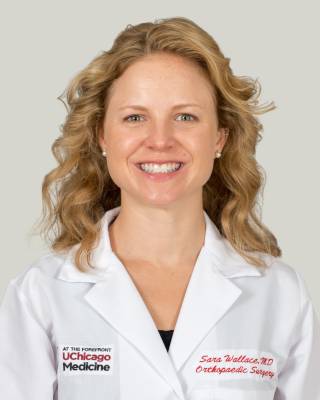
Sara Shippee Wallace, MD, MPH, FAAOS
Most orthopaedic surgeons are born leaders. We are team captains, we’re at the top of our class through medical school and we are go-getters. As such, many of us rise quickly to positions of leadership within our medical systems early on in practice. The Foundation for Physician Advancement helps to prepare surgeons to take these leadership opportunities and hit the ground running–producing impactful, well-directed changes for both our patients and our healthcare systems. I became involved with FPA because I believe that we need this sort of collaboration in order to succeed in early practice and thrive in an era of value-based healthcare.
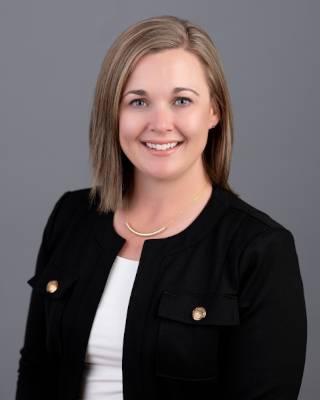
Jessica Woodcock, MD
Carolina East Health
I believe in promoting the practice of orthopedics for our patients and specialty, through best practices and lessons learned. This education should include different perspectives and experiences to enable the development of orthopedic surgery to grow sustainably and allow for balanced fulfillment of the practicing orthopedic surgeon.
